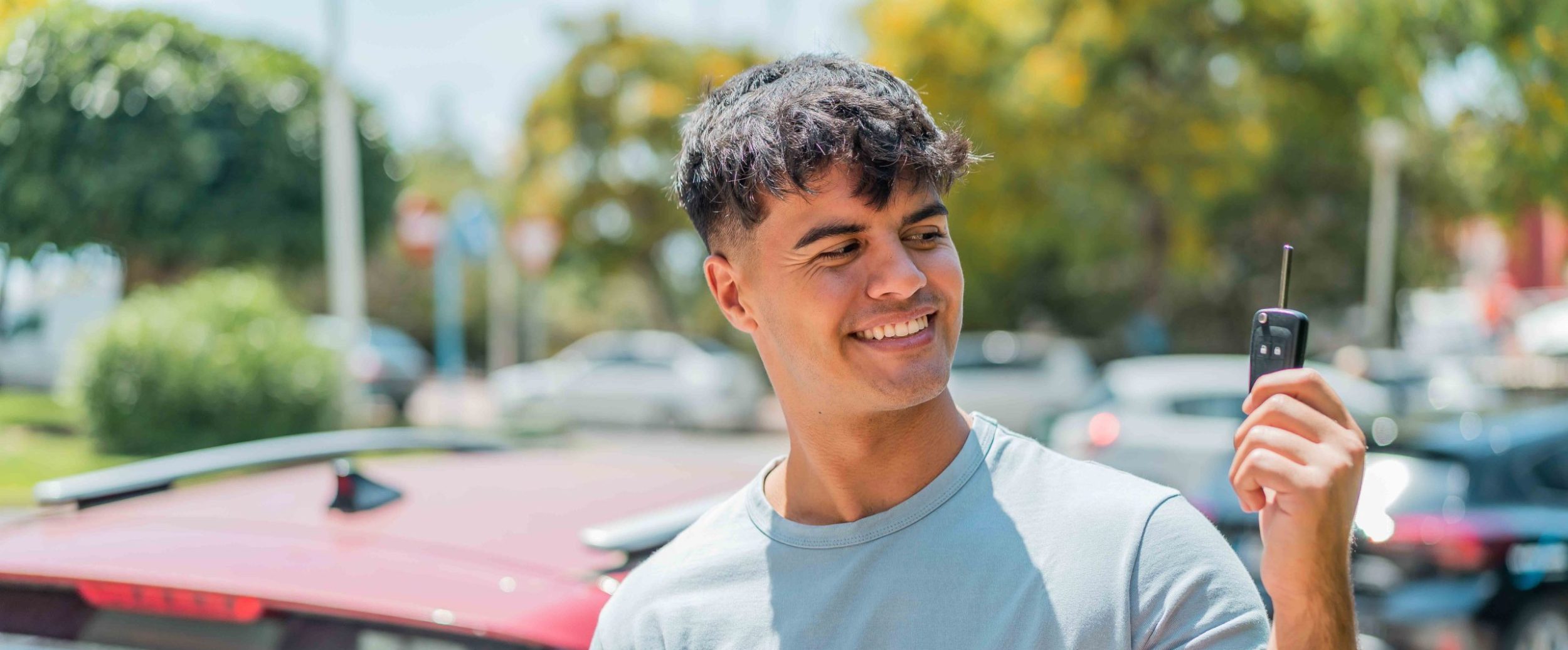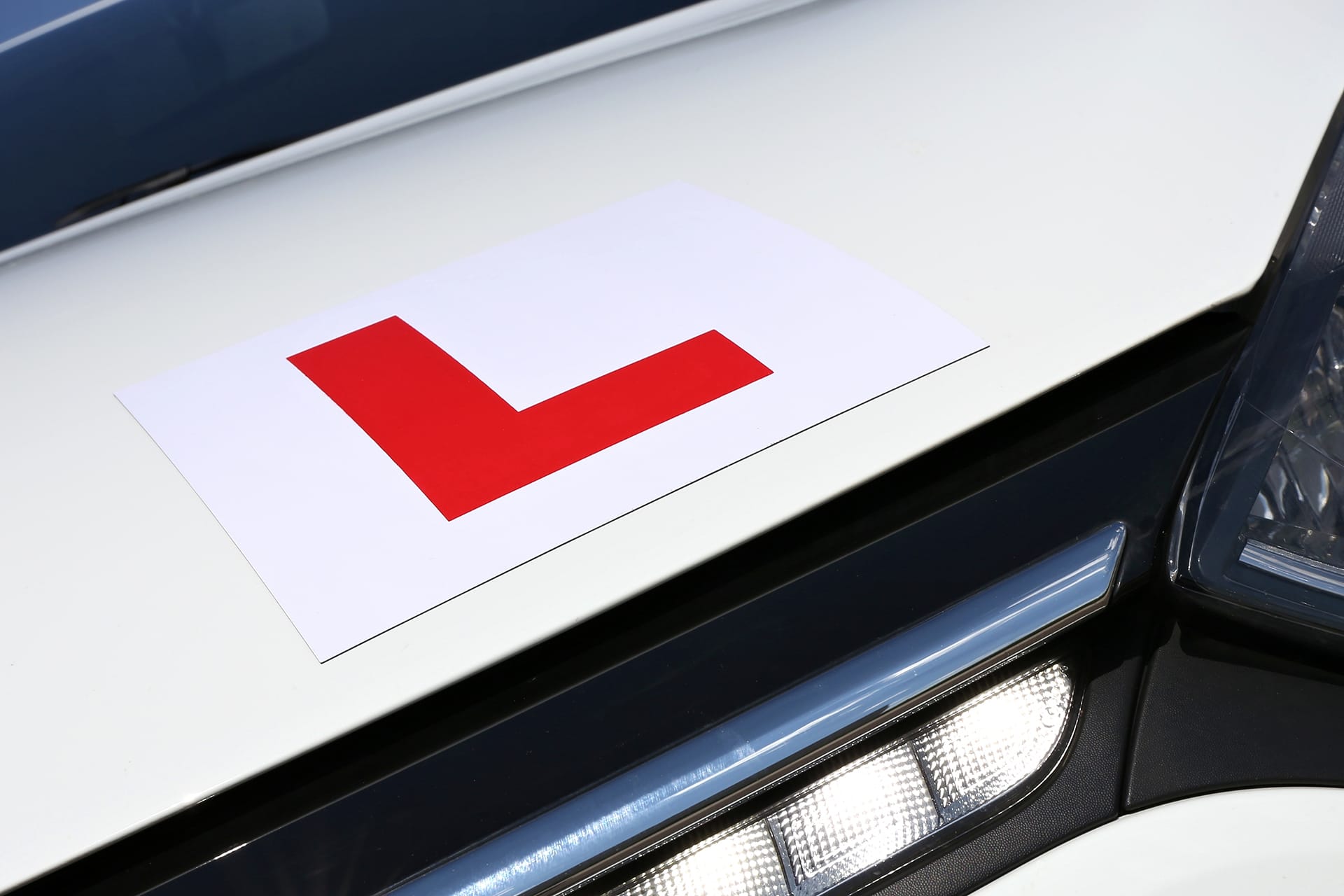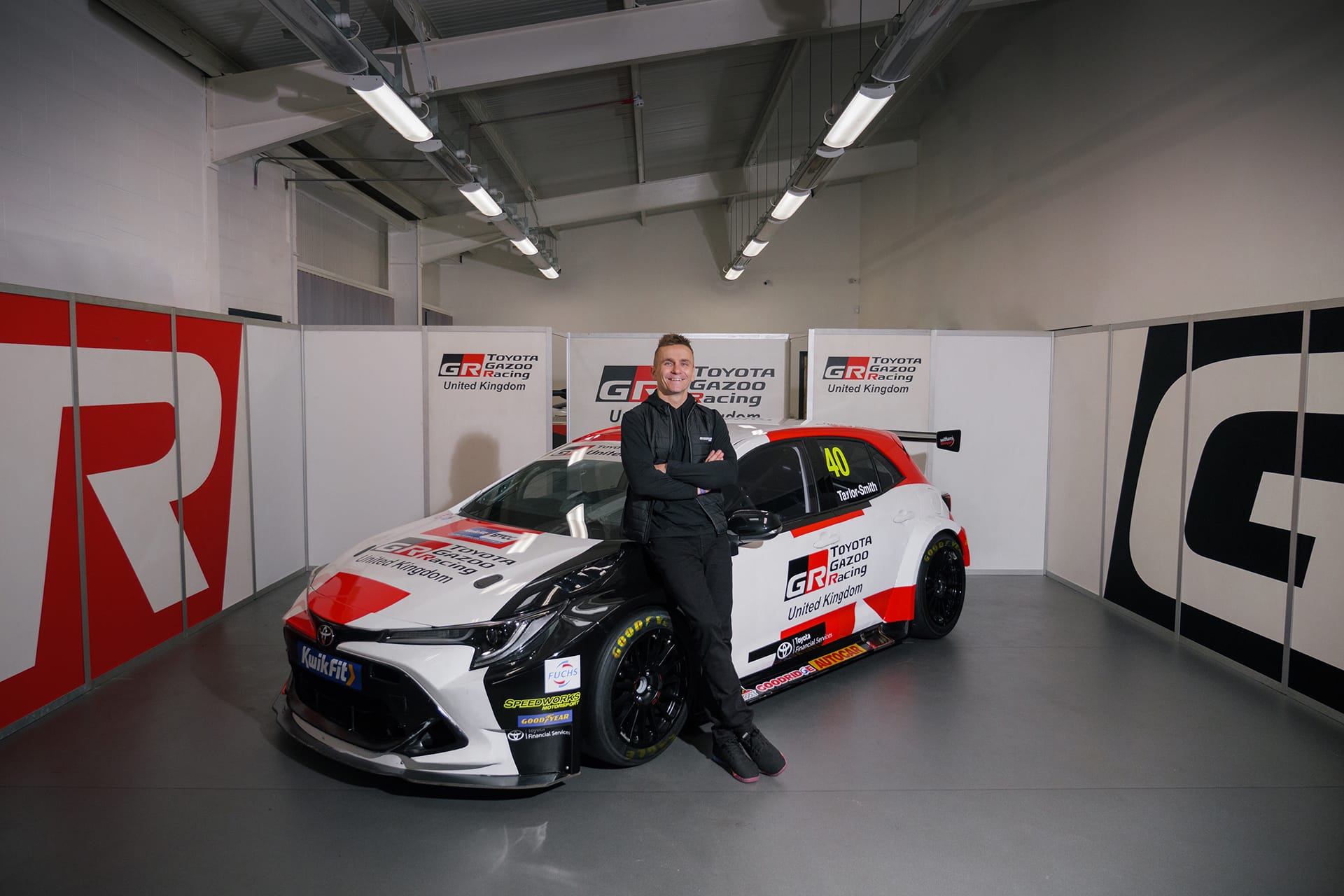Buying your first car is an exciting time, but it can be easy to get overwhelmed with so many decisions to make. From budgeting to selecting the right model, understanding the ins and outs of buying your first car is crucial. In this blog we’ll provide you with our top tips for a smooth purchase process, helping you to pick the right car for you!
Budgeting for your first car
When planning to buy your first car, it’s important to look beyond just the initial price tag of the vehicle. There are other costs you should also consider, such as the ongoing costs of the car. Considering these costs will ensure your vehicle doesn’t become a financial strain in years to come.
Purchase price
The purchase price of cars can vary widely, depending on factors such as make, model, age and condition. According to AutoTrader, the average price of a used car in the UK as of December 2024 was £16,649.
When it comes to payment methods, there are two main options:
- Buying outright: paying the full amount for the car upfront means you own the car immediately, and you will avoid having to pay any interest associated with finance. This is a good option for buying a car; however, it can require a significant sum of money coming out of your bank all at once.
- Buying on finance: options like Personal Contract Purchase (PCP) and Hire Purchase (HP) allow you to spread the cost of your car over a contracted period of time. This makes higher-priced cars more accessible; however, it is important to account for interest rates and the total repayment amount in your budget if you plan to buy the car outright at the end of your contract.
Insurance
There are a number of different factors that will influence the price of an individual’s car insurance, including:
- Age and experience: if you’re a young driver buying your first car, insurance can be expensive, mainly due to a lack of experience on the roads. The most common age to pass your driving test is 17 years old, and according to research, the average cost of a fully comprehensive car insurance policy for a 17 year old is £2,404. This is more than three times the average price across all ages.
- Vehicle types: high-performance or high-value vehicles typically have higher insurance costs. This is because in the case of an accident or damage, they will be more expensive to repair or replace. They also will have a higher risk of theft due to their desirability.
- Location: your address will have an influence on the price of your car insurance as this will be used to assess the risk of accidents, theft and crime based on your area. Typically, a more populated, or high-crime area, will have a higher car insurance cost than a rural area with less traffic.
- Driving history: your driving record is a crucial factor in determining your risk as a driver, and how likely a driver is to have an accident or make claims in the future. A clean record can favourably impact your insurance costs, whereas previous claims may increase the price of your policy.
Running and maintenance costs
The everyday cost of running and maintaining a car can come as a surprise to first time buyers. The following are some of the ongoing costs you need to consider as a car owner:
- Fuel: petrol and diesel prices can fluctuate depending on where you’re situated in the country and the economy. The amount of fuel your car will require will vary from case to case, depending on things like your driving habits and size of your engine. Fuel efficient vehicles or electric vehicles (EVs) can help you save money on this cost in the long run.
- Road tax: Vehicle Excise Duty (VED), commonly known as road tax, is a compulsory annual tax for vehicle owners in the UK. It can differ wildly depending on the vehicle you own, based on factors such as emissions, vehicle and fuel type and vehicle age. The VED rates are regularly revised with new changes coming in 2025 – find out more here.
- Servicing and repairs: regular maintenance is essential to keep your car running smoothly and to prevent future issues. Costs of this will vary based on the vehicle’s age and condition, with newer cars generally requiring less cost in this area.
- MOTs: annual Ministry of Transport (MOT) tests are mandatory for cars over three years old in the UK. A car needs an MOT on or before the third anniversary of its registration date, and on or before the anniversary of its last MOT once it’s over 3 years old. These tests ensure cars meet safety and environmental standards. The average cost of an MOT is £54.85, but this price can vary depending on the type of vehicle and what repairs are needed if any.
Finding the best first car for you
Selecting the right car for you comes down to your individual needs, preferences and budget. There are many different factors to consider when finding the best first car for you, whether that’s the make and model of the car, if it is a new or used car, or whether you buy from a dealership or online seller.
What suits one person may not be ideal for another and you should feel confident, comfortable and happy with your decision so it’s essential to consider these factors.
Makes and models
When it comes to the make and model of a vehicle, there are a number of things you should consider:
- Fuel efficiency: owning a fuel efficient car significantly reduces your environmental impact, making it a more sustainable choice. By using less fuel, you will also be able to save on fuel costs which can add up to substantial savings over time. Cars like the Toyota Prius are renowned for their economical fuel consumption.
- Reliability: having a reliable car is crucial if you’re planning to use it as your main mode of transport. It will also cost you less in repair costs if you have a car that isn’t breaking down often. The Lexus NX and Toyota Aygo X were voted as the most reliable cars in a recent survey.
- Safety: vehicles equipped with advanced safety features, such as automatic emergency braking, lane departure warning, etc. will help you to feel more comfortable on the roads but can also help to prevent accidents. Euro NCAP revealed the safest car in 2024 was the Mercedes-Benz E Class in their latest safety ratings.
- Size and performance: compact cars are easier to manoeuvre and park, especially in busier areas; however, larger vehicles offer more space and power.
- Popularity: popular cars are often well reviewed, allowing you to gain a good insight into how the car will perform and last over the years. There may also be more popular cars for certain types of people; for example, those that will be doing long road trips might favour a Skoda Superb for its comfort and reliability, but someone who has just passed their test might prefer a Ford Fiesta for its affordability and running costs.
- EVs: with the growing emphasis on sustainability, electric vehicles are becoming more popular and accessible. Models like the Renault Twingo EV are priced to offer an affordable entry into electric driving.
Used vs new cars
There are both pros and cons to buying a new or a used car. Deciding between the two can involve weighing up various factors.
Buying a new car:
Pros
- Latest technology and safety features
- Manufacturer warranty
- No previous wear and tear/previous owners
- No MOT for first three years of ownership.
Cons
- Higher purchase price
- Depreciation as new cars lose significant value once they’re driven out the dealership.
Buying a used car:
Pros
- Lower purchase price
- Slower depreciation than a new car
- Potential for lower insurance premiums.
Cons
- Potential for previous wear and tear/uncertain history or hidden issues
- Limited or no warranty.
Take a look at our 12 tips for buying a used car to help you get the best value for your money.
Choosing the right seller
Where you buy your car from can impact its condition, price and can give you a very different buying experience. These are the three main places you can buy a car from:
- Dealerships: they sell new and used cars, typically from a single manufacturer. They will often provide warranties and financing options; however, the prices may be higher compared to private sales.
- Private sellers: they can often be more affordable, but there is typically no warranty from these sellers. It’s crucial to conduct thorough checks and verify the history and paperwork on cars from these sellers as any issues discovered after the purchase will be entirely your responsibility.
- Online dealers: platforms like AutoTrader provide extensive listings of new and used cars from multiple sellers, with the convenience of being able to browse from your phone. You should ensure you research the seller’s reputation and verify the car’s information when using these types of sites.
Our top tips for buying your first car
- Set a realistic budget: consider both the upfront cost of the car as well as any ongoing costs you may run in to in order to set a budget you can comfortably afford.
- Do your research: make sure you understand the market price of the car you’re interested in, compare make and models and read reviews to get a full understanding of the car.
- Test drive: this is a great way to make sure the car is right for you and meets your expectations. Use our test drive insurance and you can be on the road in minutes.
- Inspect before purchase: make sure you see the car in person before you make a purchase, especially with used cars. Check its history and verify any paperwork.
- Negotiate: don’t be afraid to discuss the price with the seller to try to secure a better deal.
Make sure you’re buying the right car with Dayinsure
Buying your first car can be daunting, but ensuring it’s the right car for you is crucial. With our temporary car insurance, you can test drive potential vehicles to find the right fit for you. Our flexible policies provide comprehensive cover, from as little as 1 hour. Download our app and get a quote today!



